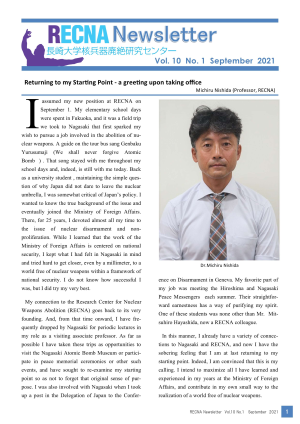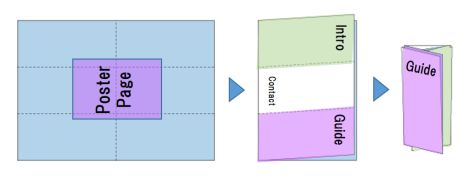It is published simultaneously by RECNA-Nagasaki University, Asia Pacific Leadership Network for Nuclear Non-proliferation and Disarmament (APLN), and Nautilus Institute.
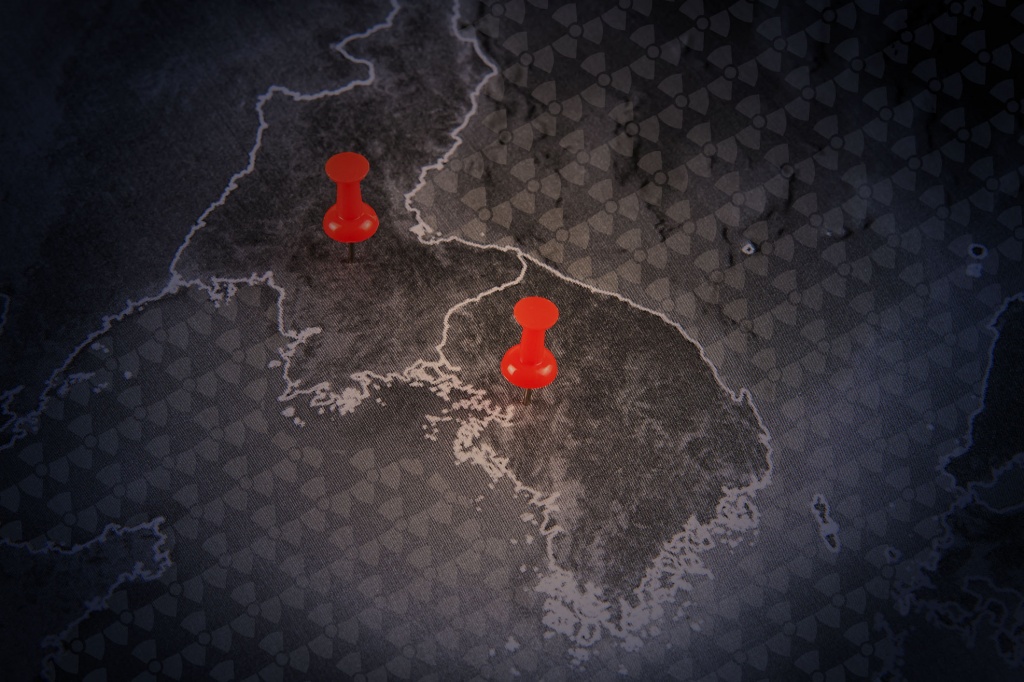
Korean peninsula Nuclear issue:Challenges and Prospects
Anastasia Barannikova
Prepared for the
Project on Reducing the Risk of Nuclear Weapons Use
in Northeast Asia (NU-NEA)
Co-sponsored by
The Research Center for Nuclear Weapons Abolition, Nagasaki University (RECNA),
The Nautilus Institute for Security and Sustainability, and
The Asia-Pacific Leadership Network for Nuclear Non-Proliferation and Disarmament (APLN)
with cooperation of
Panel on Peace and Security of Northeast Asia
Additional funding by the MacArthur Foundation
February 3, 2022
For the last three decades the Korean Peninsula nuclear issue (KPNI) has been considered as one of the most serious threats to security and stability in NEA (Northeast Asia). To date, none of the efforts by the international community—including Six-party talks, pressure and diplomatic efforts, and more recently, activity started by the Democratic People’s Republic of Korea (DPRK) in 2018-2019—have yielded tangible results in addressing the issue. This puts into question the viability of the existing approaches to the DPRK and the feasibility of achieving a KPNI solution.
Keywords:
Korean Peninsula, Nuclear Issue, DPRK, Denuclearization, Balance of Power
Authors’ Profile:
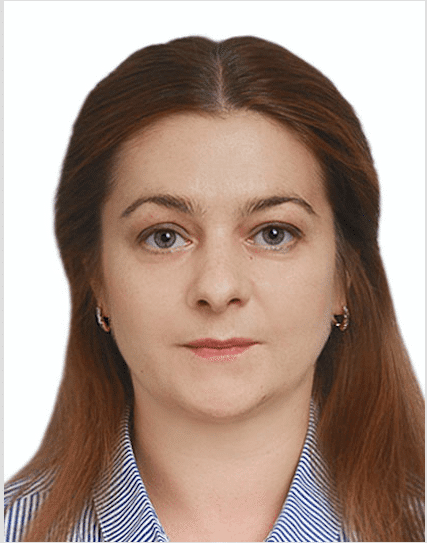
Anastasia Barannikova is a research fellow at ADM Nevelskoy Maritime State University (Vladivostok, Russia) and non-resident senior fellow of Mongolian Institute of Northeast Asian Security and Strategy (Mongolia).
She was a visiting fellow at Center for Strategic & International Studies (CSIS) in 2019, James Martin Center for Non-Proliferation Studies (CNS), Middlebury Institute of International Studies in 2020 and Institute of Far Eastern Studies, Kyungnam University in 2021. She holds PhD in History from ADM Nevelskoy Maritime State University.
Barannikova is the author of more than 100 publications in scientific journals, newspapers, and blogs, including articles in Russian, English, Chinese, Korean, Mongolian, and Japanese languages. Her research interests include (but not limited by) regional (Northeast Asia) security and nuclear non-proliferation: Korean Peninsula, reunification, DPRK foreign and domestic policies, DPRK nuclear and missile program, nuclear posture.
Possible Nuclear Use Cases in Northeast Asia:
Implications for Reducing Nuclear Risk
“Reducing the Risk of Nuclear Weapons Use in Northeast Asia (NU-NEA)” Project Year 1 Report
The project is co-sponsored by The Research Center for Nuclear Weapons Abolition, Nagasaki University (RECNA, Japan), The Asia-Pacific Leadership Network for Nuclear Non-Proliferation and Disarmament (APLN, Seoul), The Nautilus Institute (US), with cooperation of Panel on Peace and Security of Northeast Asia (PSNA, Japan).
The report looks at nuclear weapons use in 2025-2030 as part of a conflict on the Korean Peninsula or Northeast Asia, developing use cases for (mostly) limited nuclear war involving the DPRK, US, China, Russia – as the states to use nuclear weapons first. It also considers the possibility of the use of nuclear or other weapons by non-state actors as a triggering event. The report attempts to address the questions: Why does the nuclear use happen? Which state responds to nuclear first use with nuclear weapons and/or conventional forces? What and where are the targets of nuclear weapons in each case, and when does the attack occur? How are the first strikes and subsequent nuclear attacks carried out? How plausible is the nuclear use case, how significant are its impacts likely to be?
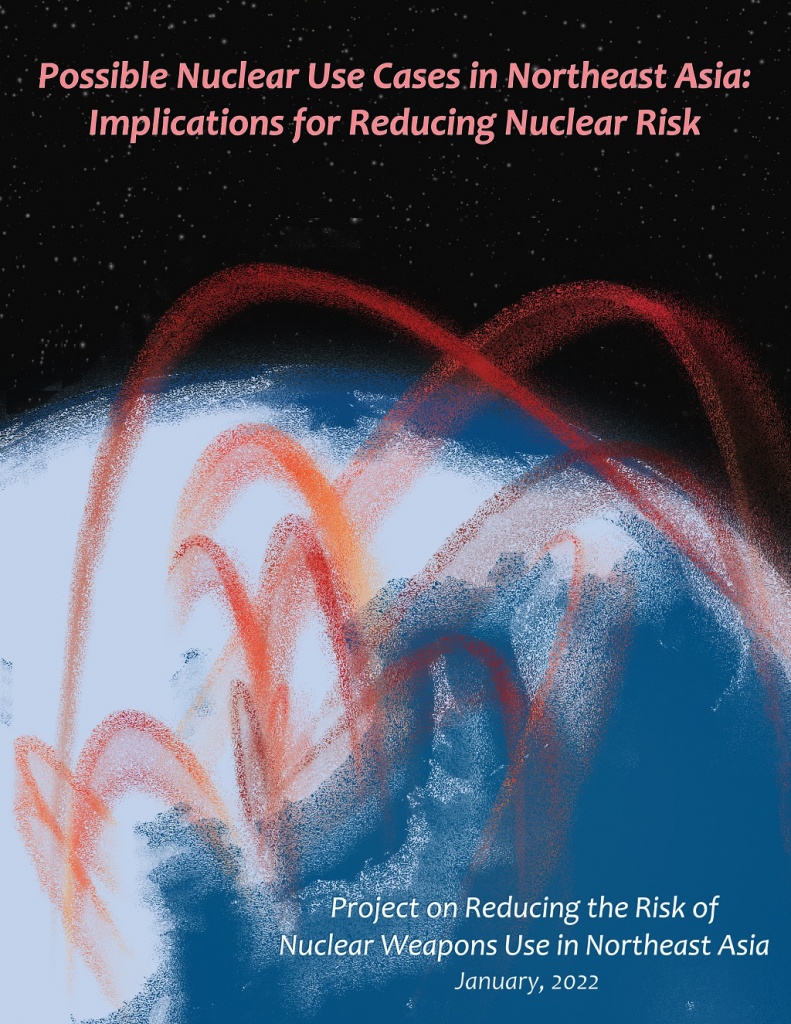 「Nuclear Weapon Use Cases in Northeast Asia: Implications for Reducing the Nuclear Risks」
「Nuclear Weapon Use Cases in Northeast Asia: Implications for Reducing the Nuclear Risks」
“Reducing the Risk of Nuclear Weapons Use in Northeast Asia (NU-NEA)” Project Year 1 Report
Full text of the report (PDF) is here.
The page for this project is here.
It is published simultaneously by RECNA-Nagasaki University, Asia Pacific Leadership Network for Nuclear Non-proliferation and Disarmament (APLN), and Nautilus Institute.
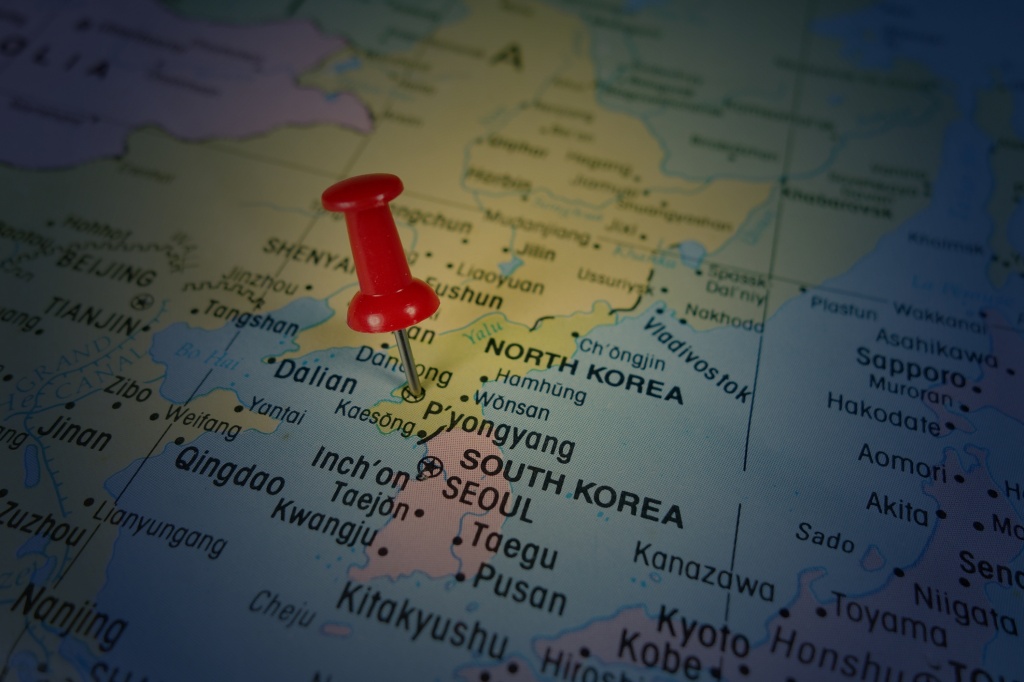
NUCLEAR WEAPONS AND DELIVERY SYSTEMS THAT MIGHT BE IMPLICATED IN NUCLEAR USE INVOLVING THE KOREAN PENINSULA
Matt Korda
Prepared for the
Project on Reducing the Risk of Nuclear Weapons Use
in Northeast Asia (NU-NEA)
Co-sponsored by
The Research Center for Nuclear Weapons Abolition, Nagasaki University (RECNA),
The Nautilus Institute for Security and Sustainability, and
The Asia-Pacific Leadership Network for Nuclear Non-Proliferation and Disarmament (APLN)
with cooperation of
Panel on Peace and Security of Northeast Asia
Additional funding by the MacArthur Foundation
January 20, 2022
It is highly unlikely that the Democratic People’s Republic of Korea (DPRK) would intentionally launch nuclear weapons in the absence of an existential threat to the continued survival of the state and its political leadership. However, in the event of such a scenario—for example, the prospect of an imminent US invasion or regime change operation—it is possible that the DPRK would use some of its estimated forty to fifty nuclear weapons in an attempt to forestall US action. In that case, the DPRK could use its short- and medium-range ballistic missiles early in a conflict to strike political and military targets in the Republic of Korea (ROK) and Japan, it and could potentially use its intermediate-range and intercontinental ballistic missiles to strike US military targets on Guam and Hawaii. The DPRK could also hold some nuclear weapons in reserve to strike the continental United States with intercontinental ballistic missiles, in the event that its initial nuclear strikes did not prevent an existentially threatening conventional invasion of the DPRK. First nuclear strikes by the United States (and its allies), or by China or Russia, may also be unlikely in the absence of an overwhelming provocation, but the nuclear weapons and launch systems available to these states are also considered.
Keywords:
DPRK, Nuclear Weapons, Delivery Systems, Nuclear-use Case, Korean Peninsula, United States
Authors’ Profile:
Matt Korda is a senior research associate and project manager for the Nuclear Information Project at the Federation of American Scientists, where he co-authors the Nuclear Notebook with Hans Kristensen. Matt is also an associate researcher with the Nuclear Disarmament, Arms Control and Non-proliferation Programme at the Stockholm International Peace Research Institute (SIPRI). Previously, he worked for the Arms Control, Disarmament, and WMD Non-Proliferation Centre at NATO HQ in Brussels. Matt received his MA in International Peace & Security from the Department of War Studies at King’s College London.
It is published simultaneously by RECNA-Nagasaki University, Asia Pacific Leadership Network for Nuclear Non-proliferation and Disarmament (APLN), and Nautilus Institute.
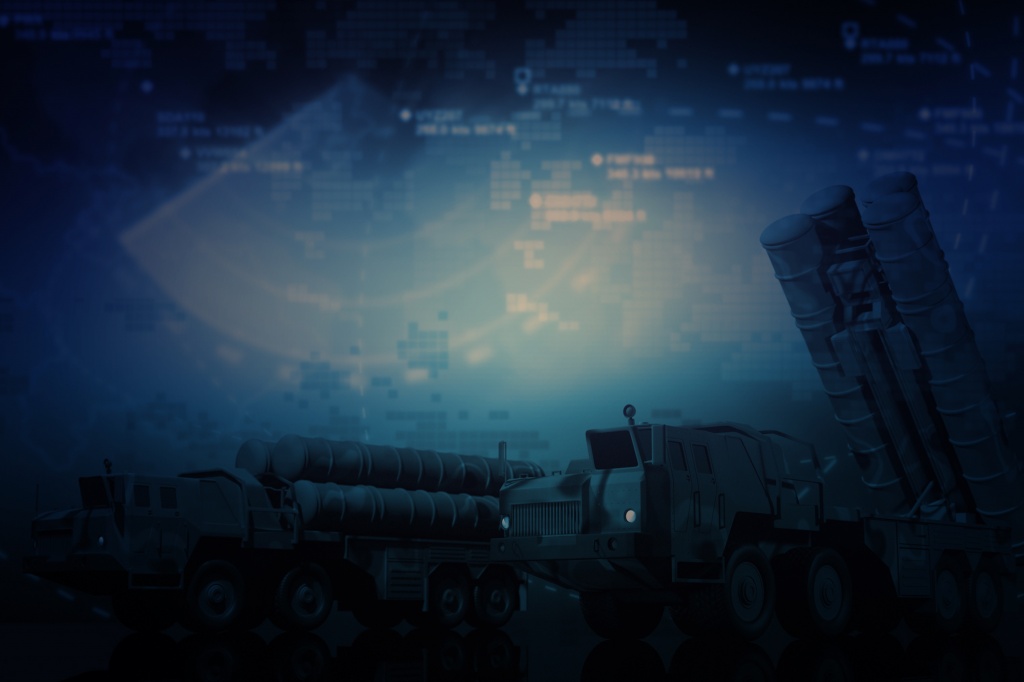
THE ROLE OF MISSILE DEFENSE IN NORTH-EAST ASIA
David Wright
Prepared for the
Project on Reducing the Risk of Nuclear Weapons Use
in Northeast Asia (NU-NEA)
Co-sponsored by
The Research Center for Nuclear Weapons Abolition, Nagasaki University (RECNA),
The Nautilus Institute for Security and Sustainability, and
The Asia-Pacific Leadership Network for Nuclear Non-Proliferation and Disarmament (APLN)
with cooperation of
Panel on Peace and Security of Northeast Asia
Additional funding by the MacArthur Foundation
January 12, 2022
This paper discusses specific types of missile attacks the Democratic People’s Republic of Korea (DPRK) might launch in a conflict and identifies the key sources of uncertainty that US and allied political and military leaders must take into account in assessing how effective defense systems might be in stopping these attacks. A key finding is that while missile defenses might be able to blunt some kinds of attacks, the DPRK will have options for retaliatory missile attacks that can reach their targets despite the presence of defenses, and Pyongyang will know which options those are. The existence of this second set of cases is crucial for US and allied leaders to recognize if they are considering taking actions under the assumption that defenses will be effective in protecting US and allied populations.
Keywords:
Missile Defense, Nuclear-weapon Use, DPRK, United States, Northeast Asia
Authors’ Profile:
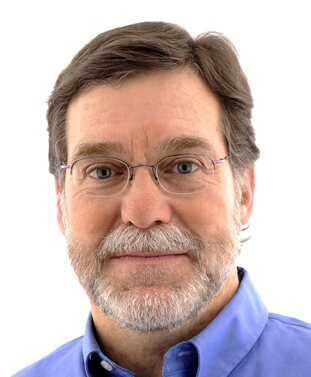
David Wright is a research affiliate in the MIT Department of Nuclear Science and Engineering’s Laboratory for Nuclear Security and Policy. From 1992 to 2020 he was a researcher with the Global Security Program at the Union of Concerned Scientists, serving as co-director of the program from 2002 to 2020. Previously he held research positions in the Defense and Arms Control/Security Studies Program at MIT, the Center for Science and International Affairs at Harvard’s Kennedy School of Government, and the Federation of American Scientists. He received his PhD in theoretical condensed matter physics from Cornell University in 1983 and worked as a research physicist until 1988.
This work was supported in part by the Program on Science and Global Security, Princeton University.
It is published simultaneously by RECNA-Nagasaki University, Asia Pacific Leadership Network for Nuclear Non-proliferation and Disarmament (APLN), and Nautilus Institute.
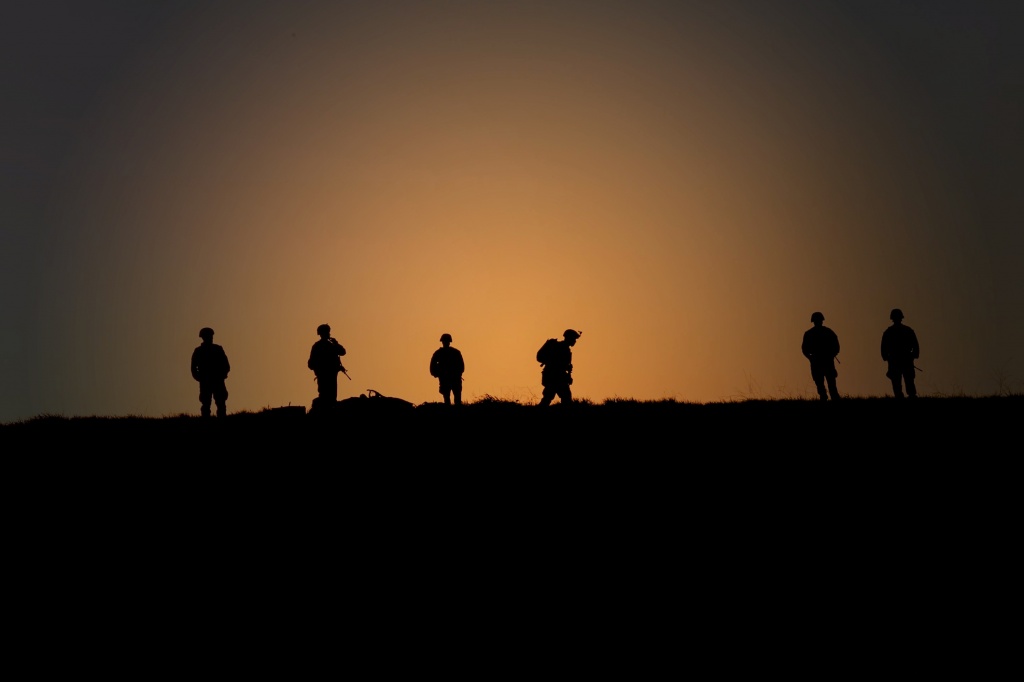
THE DELIBERATE EMPLOYMENT OF UNITED STATES NUCLEAR WEAPONS: ESCALATION TRIGGERS ON THE KOREAN PENINSULA
Daryl G. Press
Prepared for the
Project on Reducing the Risk of Nuclear Weapons Use
in Northeast Asia (NU-NEA)
Co-sponsored by
The Research Center for Nuclear Weapons Abolition, Nagasaki University (RECNA),
The Nautilus Institute for Security and Sustainability, and
The Asia-Pacific Leadership Network for Nuclear Non-Proliferation and Disarmament (APLN)
with cooperation of
Panel on Peace and Security of Northeast Asia
Additional funding by the MacArthur Foundation
January 6, 2022
This paper focuses on the conditions under which the United States might use nuclear weapons in the context of war on the Korean peninsula. It identifies circumstances that might trigger such a decision, the purposes of US nuclear use, and the plausible targets of US nuclear strikes. Attention is focused on the roles that nuclear weapons may continue to play in US military operations and geopolitical strategy despite US steps to reduce their saliency since the end of the Cold War. This paper argues that because the United States (and its allies) have a strong preference against using nuclear weapons, it would only consider doing so if (1) the mission being performed via the nuclear strike was of critical importance, (2) the mission could not be accomplished with sufficient certainty or speed with non-nuclear weapons, and (3) the use of nuclear munitions significantly increases the probability of mission success. This paper identifies a range of circumstances that could arise during a war on the Korean Peninsula that might satisfy all three of these criteria, and it identifies the pathways that are most likely to trigger US nuclear employment. Examining these conditions can help US allies and other partners identify and resolve disagreements about nuclear employment, enhance deterrence against regional adversaries, and shed light on the logic driving important decisions about US nuclear force structure and modernization.
Keywords:
Nuclear-weapon Use, Escalation, United States, Korean Peninsula, DPRK
Authors’ Profile:
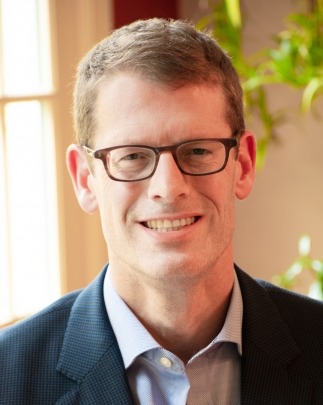
Daryl G. Press is an associate professor of Government at Dartmouth College. His work focuses on US foreign policy, deterrence, and the future of warfare. He has published numerous articles and two books: Calculating Credibility (2005), which examines how leaders assess credibility during crises, and The Myth of the Nuclear Revolution: Power Politics in the Atomic Age (2020), which explores deterrence challenges of the 21st century. Press worked as a consultant at the RAND Corporation for nearly twenty years, and he has taught classes on conventional force modeling for two decades. His work has appeared in leading academic journals as well as in the popular press including Foreign Affairs, The New York Times, and The Atlantic Monthly.
Vol. 4, Issue 2 of Journal for Peace and Nuclear Disarmament (J-PAND) is now available online. There are 11 open access articles featuring “The Biden Nuclear Posture Review: Implications for the Asian Allies and Partners.”
For the issue, see here.
It is published simultaneously by RECNA-Nagasaki University, Asia Pacific Leadership Network for Nuclear Non-proliferation and Disarmament (APLN), and Nautilus Institute.
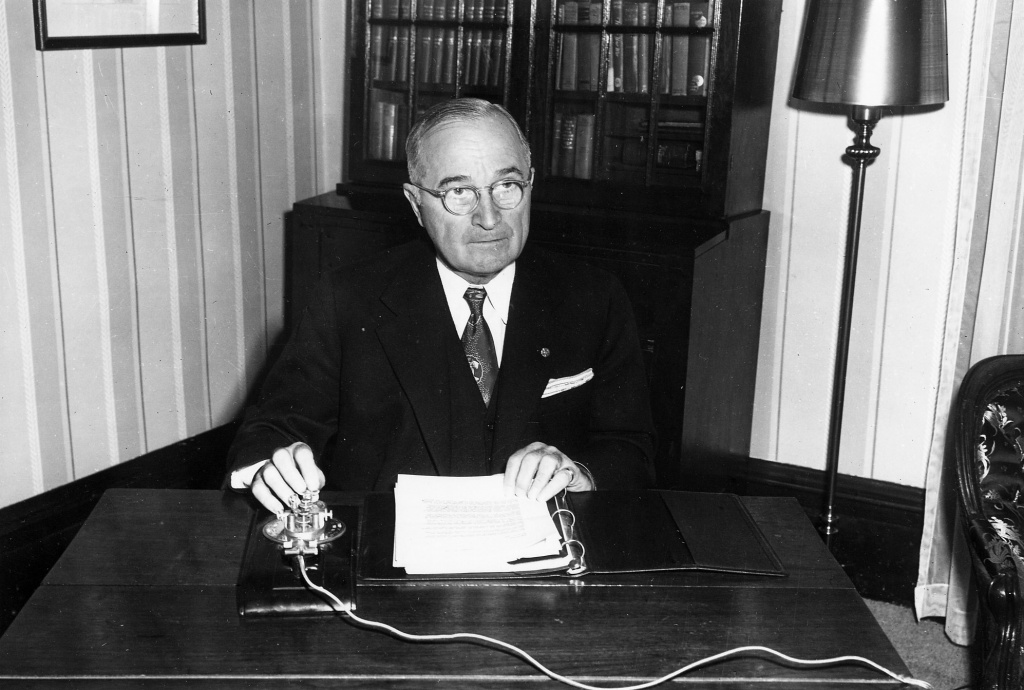
US ENTRY INTO THE KOREAN WAR: ORIGINS, IMPACT, AND LESSONS
A Special Report Prepared for the
Project on Reducing the Risk of Nuclear Weapons Use
in Northeast Asia (NU-NEA)
Co-sponsored by
Research Center for Nuclear Weapons Abolition, Nagasaki University (RECNA)
Asia Pacific Leadership Network for Nuclear Non-Proliferation and Disarmament (APLN)
Nautilus Institute
with collaboration of Panel on Peace and Security of Northeast Asia (PSNA)
Additional funding by the MacArthur Foundation
December 16, 2021
James I. Matray
This article describes the reasons for the outbreak of the Korean War and US entry into the conflict. At the end of World War II, the United States and the Soviet Union divided Korea into two zones of military occupation. Cold War discord between the two nations blocked agreement to end the division, resulting in formation of two Korean governments each bent on reunification. Soviet Premier Joseph Stalin reluctantly supported the Democratic People’s Republic of Korea’s invasion of the Republic of Korea on 25 June 1950 after Kim Il Sung persuaded him that victory would be quick and easy. President Harry S. Truman immediately saw the attack as the first step in a Soviet plan to use military means to achieve global dominance, but he initially ordered limited US military intervention, maintaining a prewar policy of qualified containment in Korea. When the Republic of Korea failed to halt the invasion, he sent US ground forces to prevent the Communist conquest of the peninsula. Truman wanted to avoid another world war and did not consider use of atomic weapons until China intervened. This article concludes that resumption of the Korean War is unlikely because of the US treaty commitment to defend the Republic of Korea and the weakness of the Democratic People’s Republic of Korea.
Keywords:
Korean War, Harry S. Truman, ROK, DPRK, United States.
Authors’ Profile:
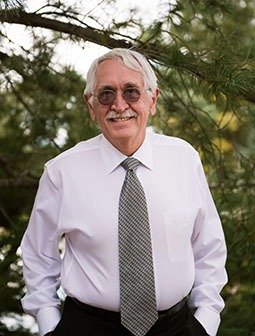
James I. Matray, PhD, is emeritus professor of history at California State University, Chico, where he was History Department chair from 2002 to 2008. His publications focus on US-Korean relations after World War II. He has written or edited nine books and publishing over fifty scholarly articles and book chapters. Author of The Reluctant Crusade: American Foreign Policy in Korea, 1941-1950, Matray’s latest major publication is Crisis in a Divided Korea: A Chronology and Reference Guide (2016). He also is editor-in-chief of the Journal of American-East Asian Relations. His current research project investigates the Battles of Pork Chop Hill.
It is published simultaneously by RECNA-Nagasaki University, Asia Pacific Leadership Network for Nuclear Non-proliferation and Disarmament (APLN), and Nautilus Institute.
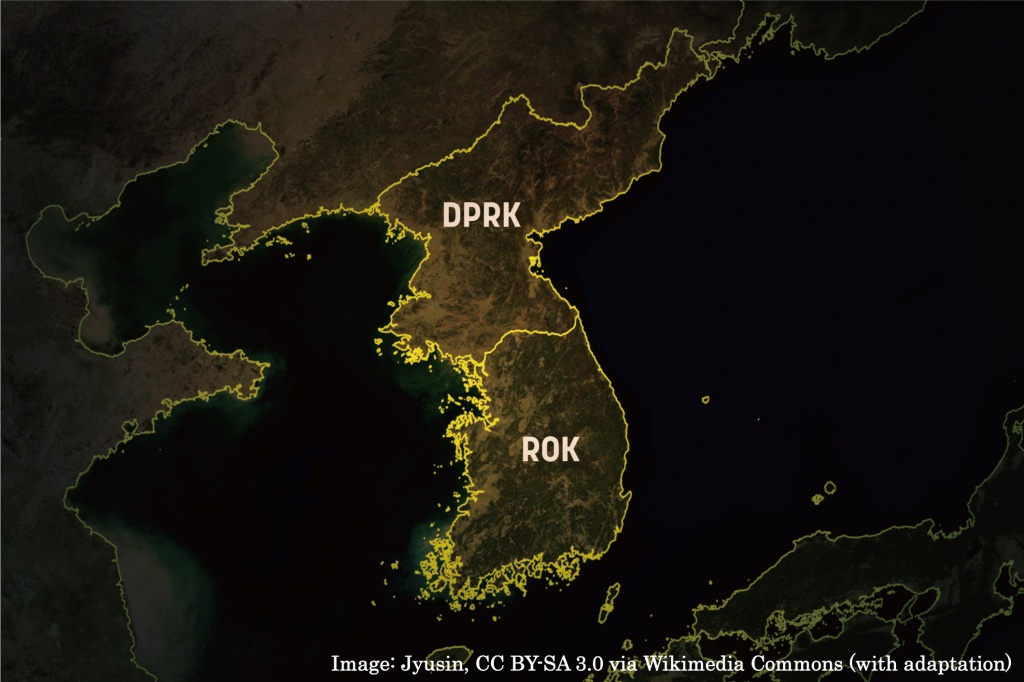
Nuclear-Use Cases for Contemplating Crisis and Conflict on the Korean Peninsula
A Special Report prepared for the Project
“Reducing the risk of Nuclear Weapon Use in Northeast Asia”
Co-sponsored by Research Center for Nuclear Weapons Abolition, Nagasaki University (RECNA)
Asia Pacific Leadership Network for Nuclear Non-Proliferation and Disarmament (APLN)
Nautilus Institute
with collaboration of Panel on Peace and Security of Northeast Asia (PSNA)
December 9, 2021
Paul K. Davis and Bruce W. Bennett
This paper motivates and sketches a set of nuclear-use cases involving conflict on the Korean peninsula. The cases reflect a wide range of ways that nuclear weapons might be brandished or used in a Korean crisis. We identify possible cases by using two different lenses: a “logical” or taxonomic lens and a decisionmaking lens that asks how an actual national leader might decide to use nuclear weapons first. We then
select cases from the space of possibilities to reflect that range usefully. The use cases consider mistakes, unintended escalation, coercive threats, limited nuclear use to
reinforce threats, defensive operations, and offensive operations. They also consider the potential role of fear, desperation, responsibility, grandiosity, indomitability, and other human emotions. Some use cases are far more plausible than others at present, but estimating likelihoods is a dubious activity. The real challenge is to avoid
circumstances where the use cases would become more likely.
Keywords:
Nuclear-use Cases, Korean Peninsula, Nuclear War, Scenarios, DPRK, U.S.
Authors’ Profile:
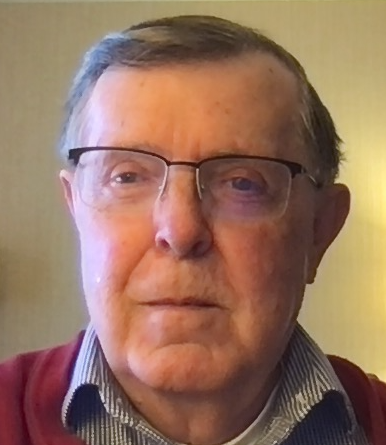
Paul Davis is a professor of policy analysis at the Pardee RAND Graduate School and a retired adjunct Senior Principal Researcher at RAND. He holds a Ph.D. in chemical physics from the Massachusetts Institute of Technology. He worked in strategic warning technology and systems analysis before joining the U.S. government to work on strategic force planning and arms control. He then joined the RAND Corporation, where his research has dealt with strategic planning under deep uncertainty. His most recent work (co-edited) is Social Behavioral Modeling for Complex Systems (2019), Wiley & Sons.

Bruce W. Bennett is a professor in the Pardee RAND Graduate School and a retired adjunct International/Defense Researcher at the RAND Corporation. He is an expert in Northeast Asian security issues, having visited the region about 120 times and written much about Korean Security. His research addresses issues such as DPRK military force requirements, Korean unification, the Korean military balance, and potential Chinese military intervention in North Korea. He received a Ph.D. in policy analysis from the Pardee RAND Graduate School.
RECNA Newsletter Vol.10 No.1 (September 30, 2021)
“A Guide to the World’s Fissile Material Inventory June 2021” was released. Please click on the thumbnail images below and download the pdf guide and poster.
Guides to World’s Fissile Material

|
Guide to the World’s |
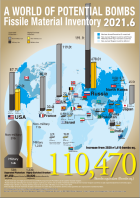
|
|
How to make leaflets:
Print the English Guide (PDF) for making leaflets on both sides of A3 paper, and fold it in two then in three.
|
>> Previous edtions can be downloaded from here.
